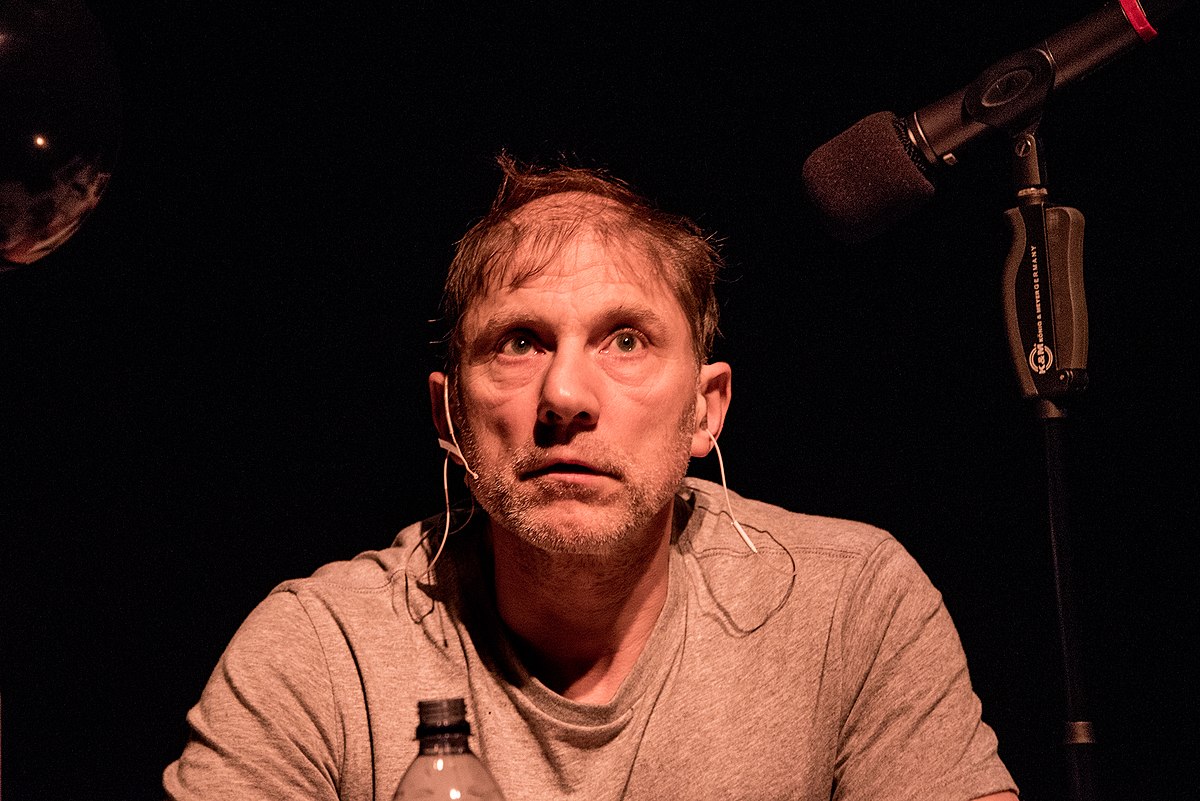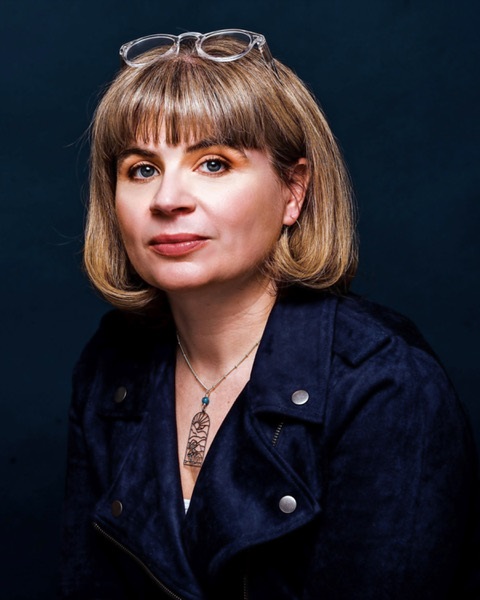 |
| photo: Chanel Nicole Co. |
Meg Shaffer is a part-time creative writing instructor and a full-time MFA candidate in TV and screenwriting at Stephens College in Columbia, Mo. Her debut novel, The Wishing Game (Ballantine), is an adventure for anyone who has ever dreamed of escaping into the world of a book.
Handsell readers your book in 25 words or less:
A down-on-her-luck teacher, trying to adopt a student, gets the chance to compete in a Willy Wonka-style contest run by a legendary, reclusive children's author.
On your nightstand now:
The Stories of Ray Bradbury and Phantom Lady: Hollywood Producer Joan Harrison, the Forgotten Woman Behind Hitchcock by Christina Lane. The Joan Harrison biography is because I'm writing my term paper on her for my MFA program. Plus, she's fascinating! In the '50s, she helped writers who'd been blacklisted in Hollywood find work again by hiring them for the TV shows she produced, Alfred Hitchcock Presents and Suspicion. One of many legendary women who put their stamp on Golden Age Hollywood.
And I'm always reading Ray Bradbury's short stories. Every story is like a walk through a pumpkin patch on a perfect autumn day.
Favorite book when you were a child:
A Wrinkle in Time by Madeleine L'Engle (still a favorite!). My niece and nephew call me Aunt Beast, because I love this book so much.
Your top five authors:
Toni Morrison. You can learn everything you need to know about writing from Paradise. Plus, it has the greatest opening lines of all time.
Elizabeth Knox. She's dangerous to read, because she's so good she'll make you want to quit writing, because who can compete?
Ray Bradbury. He'll make you want to start writing again, because he's so joyful and inspiring.
Nathaniel Hawthorne. Not kidding. The man wrote the most interesting female characters I've ever read.
Beverley Nichols. I never thought I'd be the kind of person to read multiple gardening and house-renovation memoirs by a fussy, adorably snobbish Englishman, but here we are and here I am.
Book you've faked reading:
In high school, The Scarlet Letter by Nathaniel Hawthorne. When I read it as an adult, I was furious at younger me for skipping such an incredible novel.
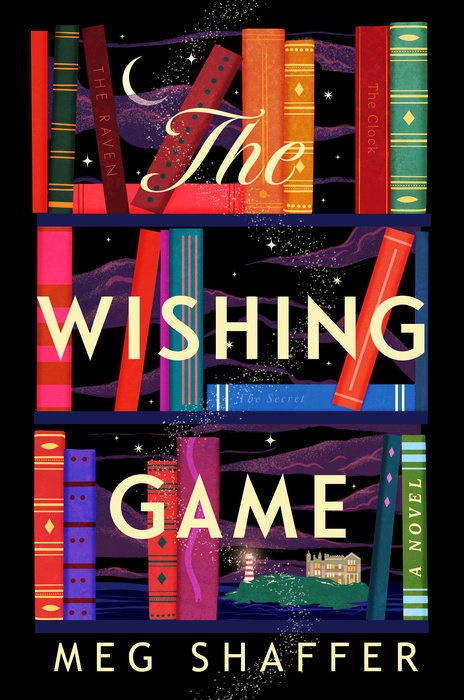 Book you're an evangelist for:
Book you're an evangelist for:
The Keep by Jennifer Egan. I've given away multiple copies of this book, forcing them on friends and enemies who need it to reform themselves. It should be a classic.
Book you've bought for the cover:
We Are Okay by Nina LaCour (but then I read it and fell madly in love with it).
Book you hid from your parents:
I hid no books from my parents. They had a strict hands-off policy as long as we were reading. They might regret this, but so far, they haven't commented.
Book that changed your life:
The Idea: The Seven Elements of a Viable Story for Screen, Stage or Fiction by Erik Bork. Reading this screenwriting book completely changed the way I conceive of stories and storytelling. His thesis that stories live and die in the early idea stage (as opposed to in the execution stage) was mind-blowing.
Favorite line from a book:
"Real magic can never be made by offering someone else's liver. You must tear out your own, and not expect to get it back." --Peter S. Beagle, The Last Unicorn
Honorable Mention: "I have never listened to anyone who criticized my taste in space travel, sideshows or gorillas. When this occurs, I pack up my dinosaurs and leave the room." --Ray Bradbury, Zen in the Art of Writing
Five books you'll never part with:
The Last Unicorn by Peter S. Beagle. Molly Grue. All I need to say.
The Vintner's Luck by Elizabeth Knox. People who read this book lose their ability to focus on the real world for a few days or weeks, so be prepared to wander the clouds.
The Chronicles of Narnia by C.S. Lewis--the complete set. I've had the same crumbling boxed set since the fourth grade.
The House of the Seven Gables by Nathaniel Hawthorne. I'll confess to having a weird historical crush on Hawthorne, but I'm in good company. Herman Melville had a crush on him too.
The Writing Life by Annie Dillard. It's heartbreaking that she later disavowed the book (no one really knows why), but many writers go back to it again and again, dipping our toes into the pages like a magic spring and coming away renewed.
Book you most want to read again for the first time:
The Hitchhiker's Guide to the Galaxy by Douglas Adams. I want to be that surprised and laugh that hard again. "For a moment, nothing happened. Then, after a second or so, nothing continued to happen." My teachers would have never let me get away with writing a sentence like that, and yet it's brilliant on every level. I bow both of my heads in memory.
Last book that made you cry:
No One Is Talking About This by Patricia Lockwood. This book was a quick, short sucker punch to the soul, and everyone should read it. Bring tissues!
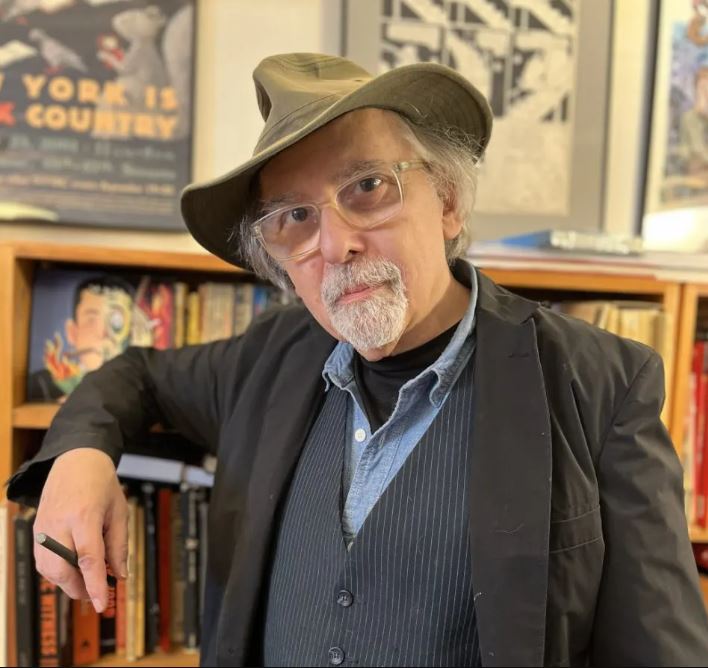









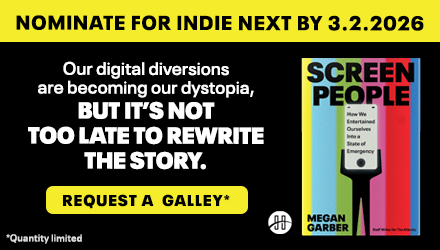
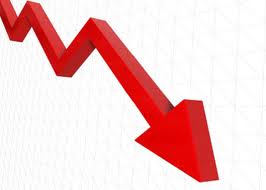 In April, bookstore sales slipped 0.9%, to $580 million, compared to April 2022, according to preliminary Census Bureau estimates, the first down month for bookstore sales this year after double-digit increases in January, February, and March. By comparison to pre-pandemic times, bookstore sales in April were off 9.2% from April 2019. For the first third of the year, bookstore sales are still up 8.9%, to $2.65 billion, compared to the first four months of 2022.
In April, bookstore sales slipped 0.9%, to $580 million, compared to April 2022, according to preliminary Census Bureau estimates, the first down month for bookstore sales this year after double-digit increases in January, February, and March. By comparison to pre-pandemic times, bookstore sales in April were off 9.2% from April 2019. For the first third of the year, bookstore sales are still up 8.9%, to $2.65 billion, compared to the first four months of 2022.
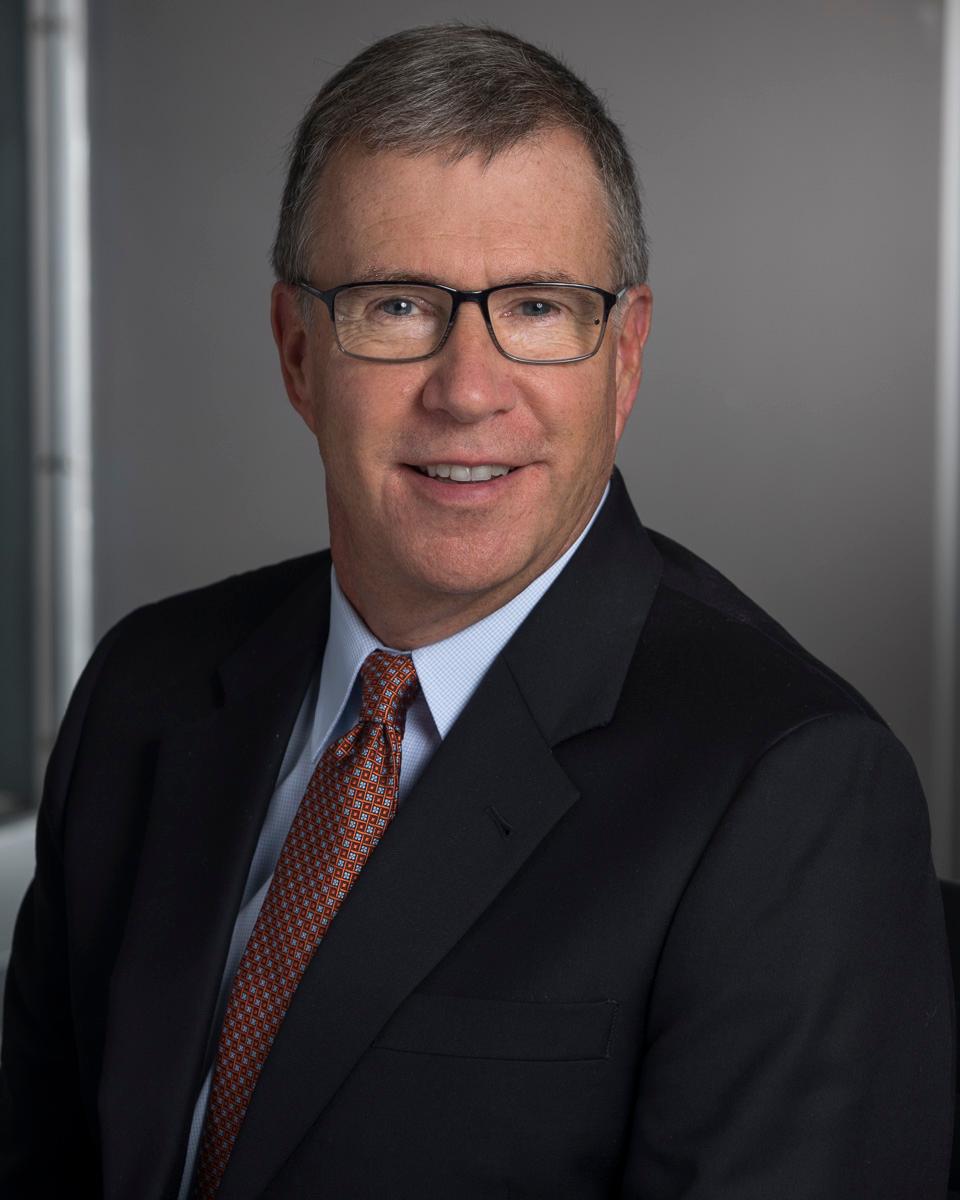
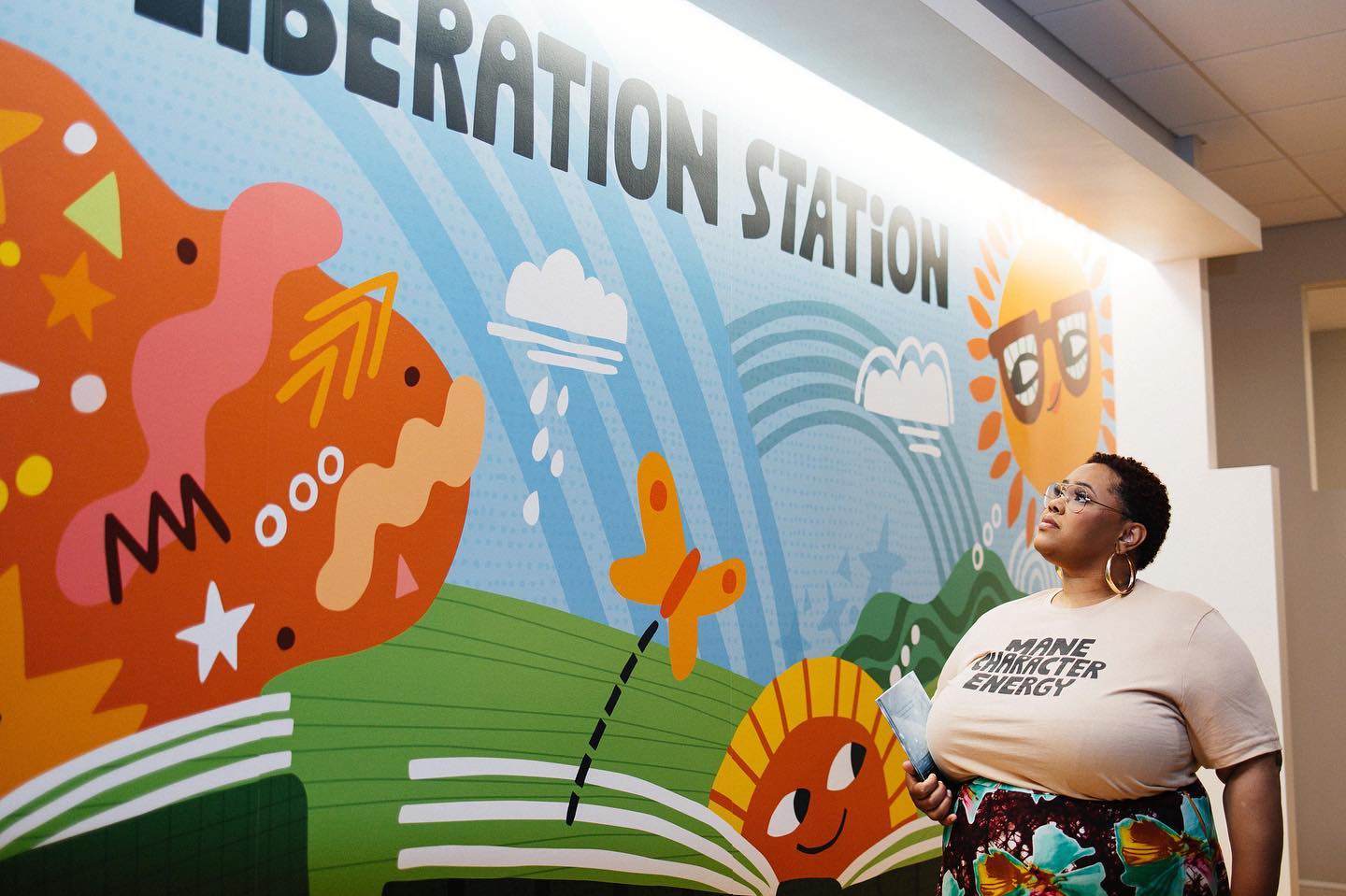
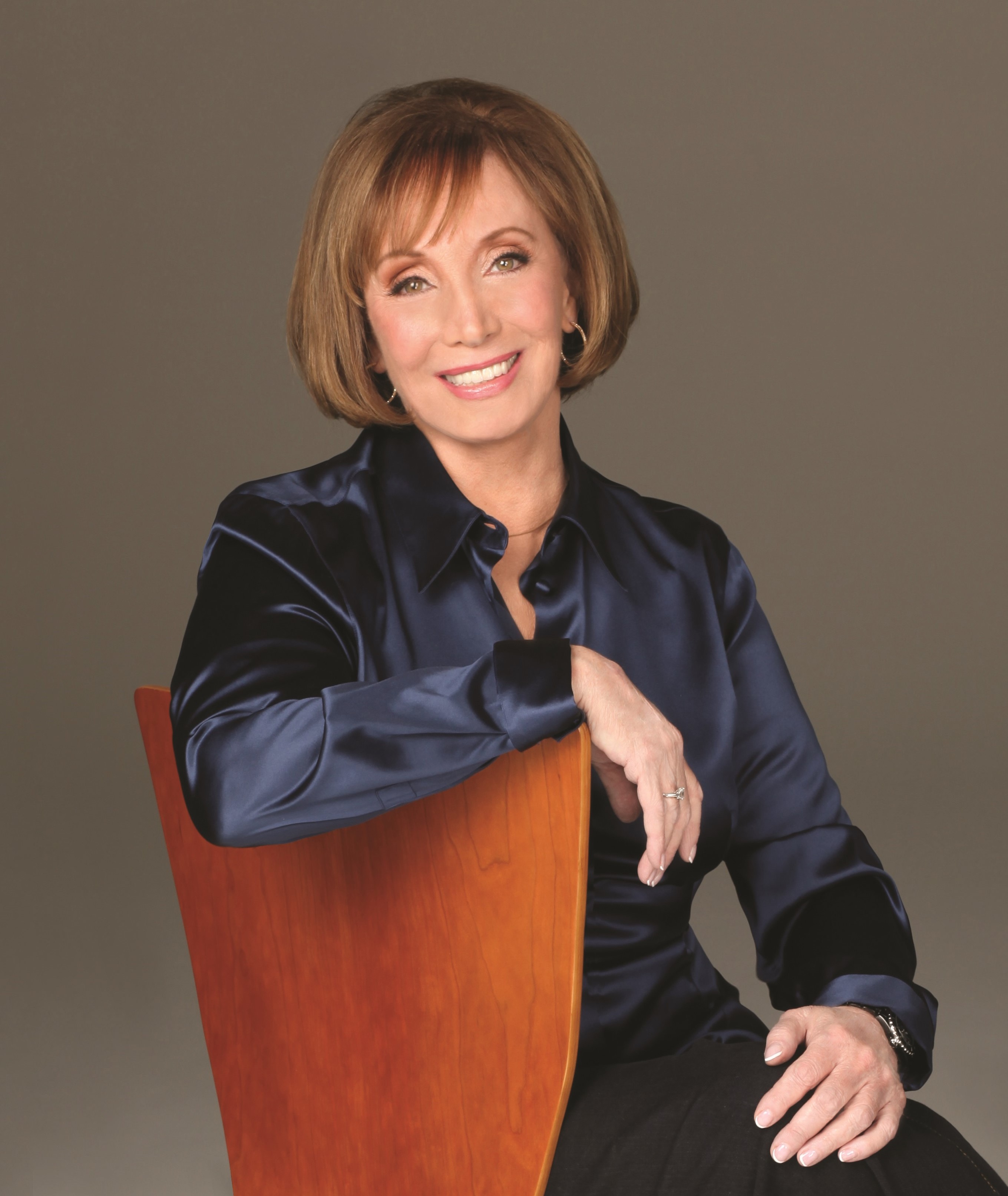
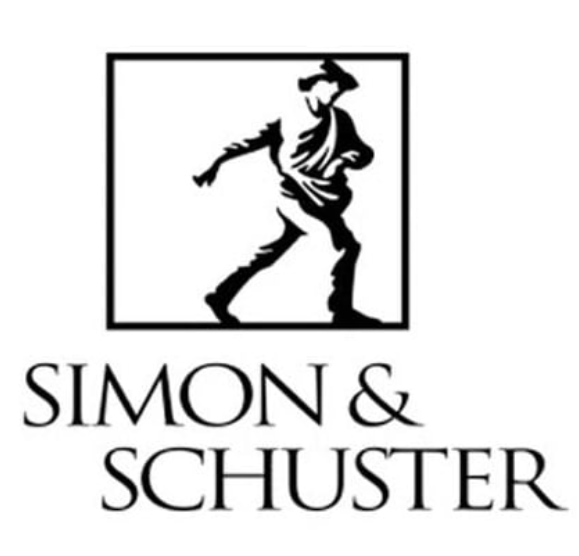 HarperCollins and private equity fund KKR & Co. are "
HarperCollins and private equity fund KKR & Co. are "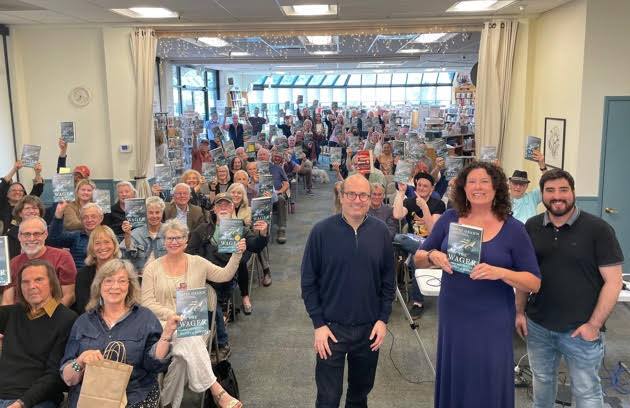
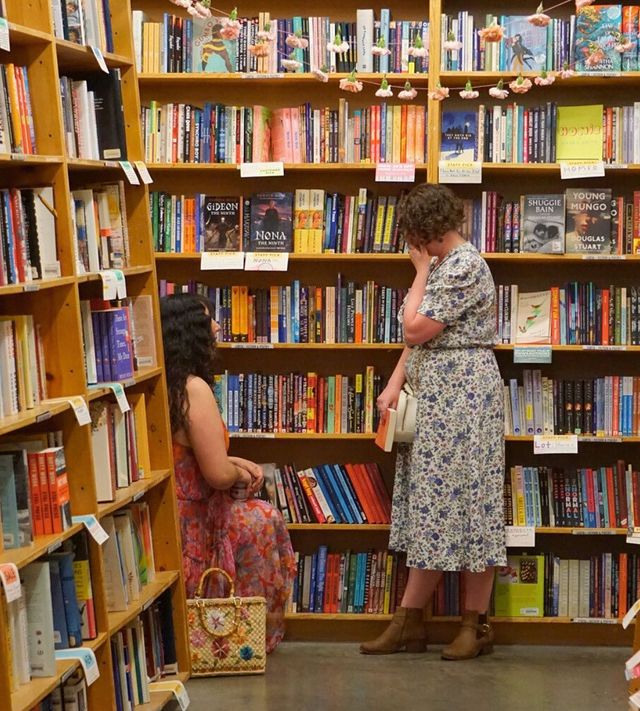 "
"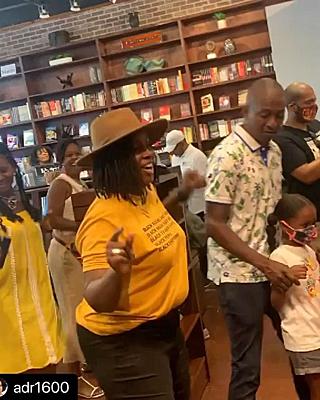
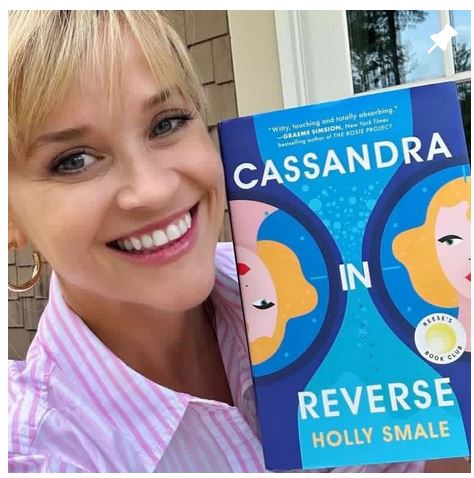 The June pick of Reese's Book Club is Cassandra in Reverse (Mira) by Holly Smale, the author's adult debut.
The June pick of Reese's Book Club is Cassandra in Reverse (Mira) by Holly Smale, the author's adult debut. 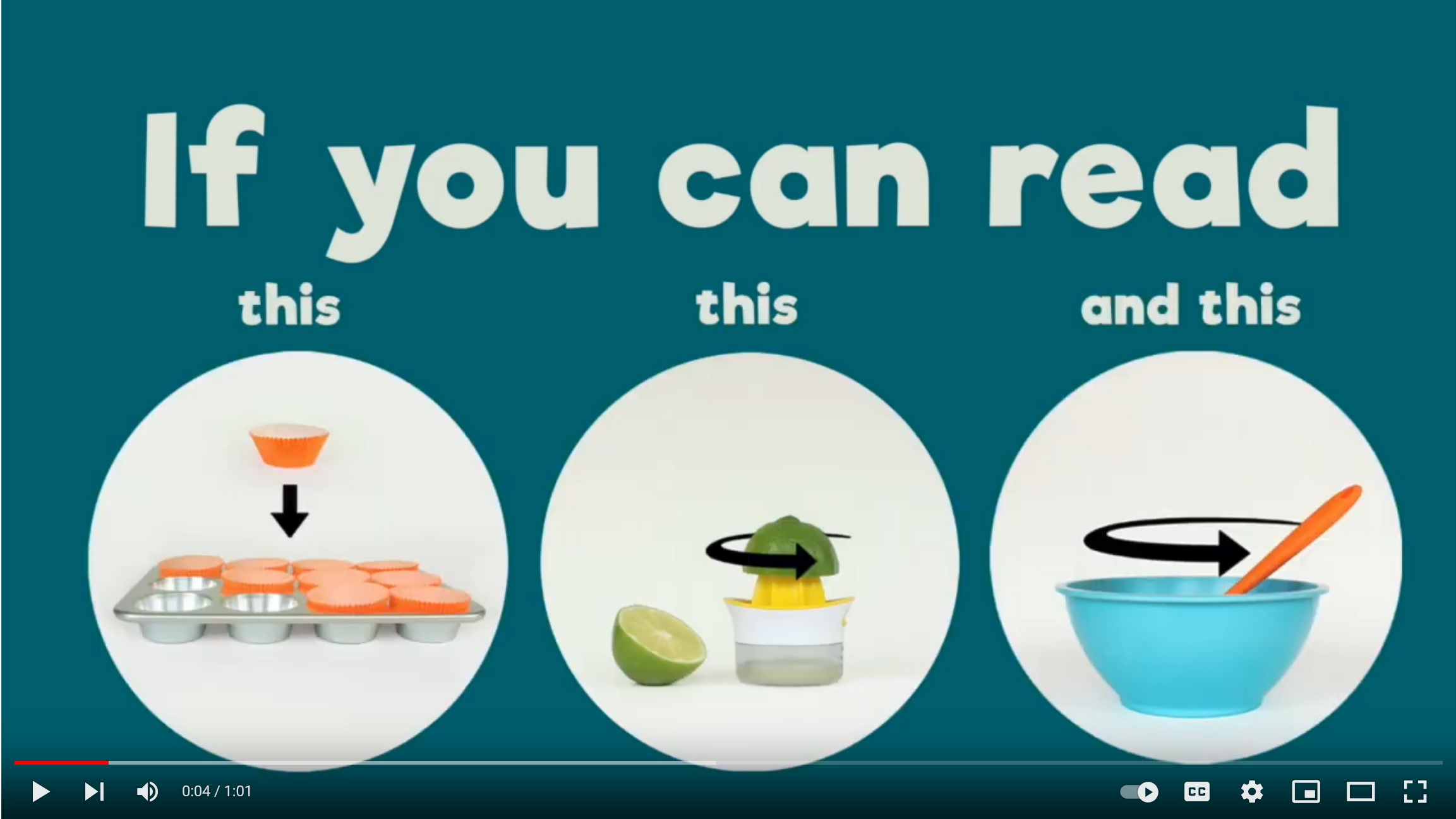 Look and Cook Snacks: A First Book of Recipes in Pictures
Look and Cook Snacks: A First Book of Recipes in Pictures
 Book you're an evangelist for:
Book you're an evangelist for: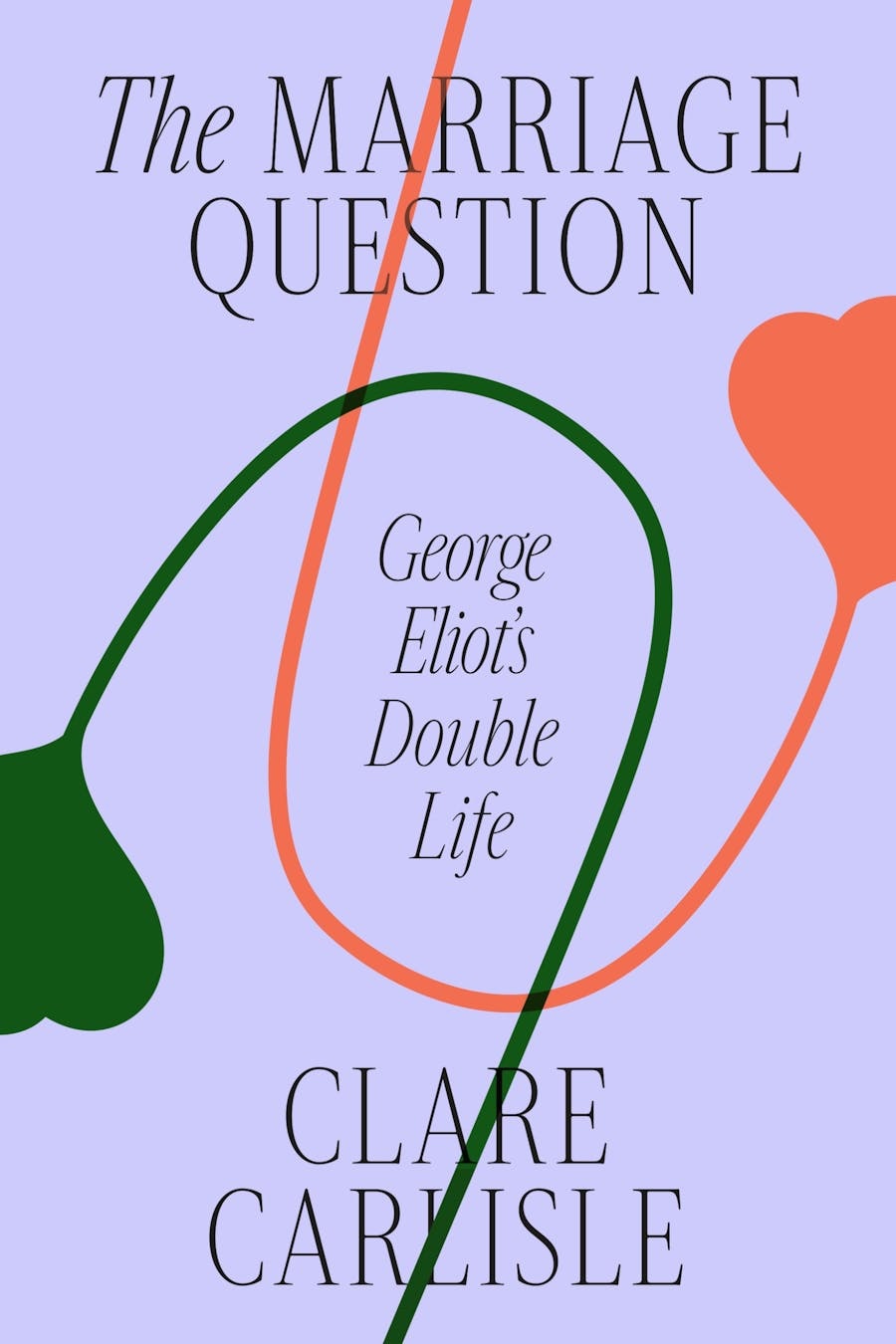 The tumultuous love lives of some of English literature's most memorable heroines are examined through a dazzling intellectual prism by Clare Carlisle in The Marriage Question: George Eliot's Double Life. Presenting revelatory glimpses into her subject's social and domestic life, Carlisle employs biography as a philosophical enquiry into the Victorian author's romantic life, her craft, and her characteristic use of marriage plots as a literary device.
The tumultuous love lives of some of English literature's most memorable heroines are examined through a dazzling intellectual prism by Clare Carlisle in The Marriage Question: George Eliot's Double Life. Presenting revelatory glimpses into her subject's social and domestic life, Carlisle employs biography as a philosophical enquiry into the Victorian author's romantic life, her craft, and her characteristic use of marriage plots as a literary device.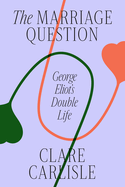
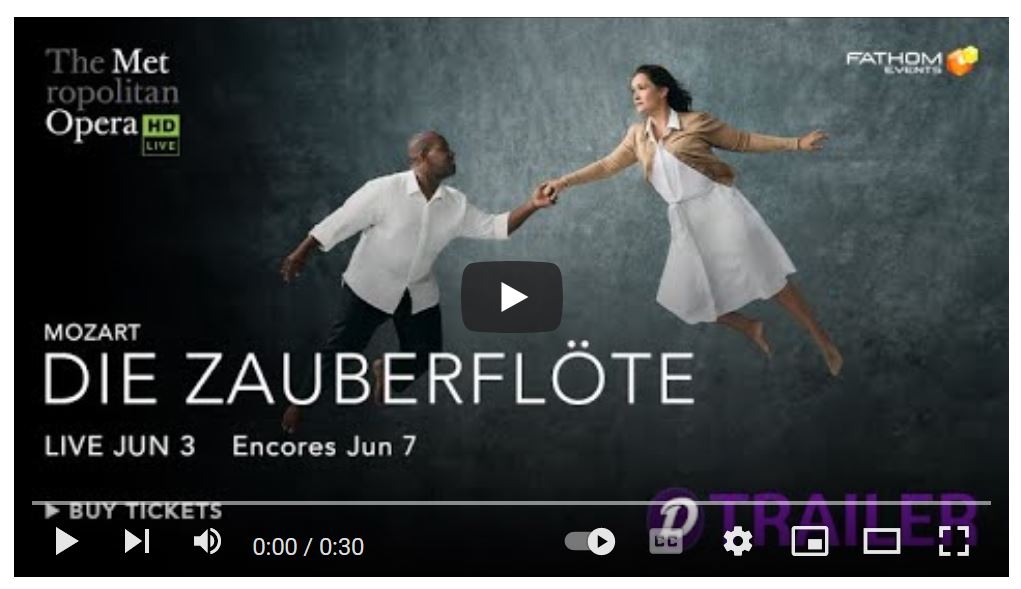
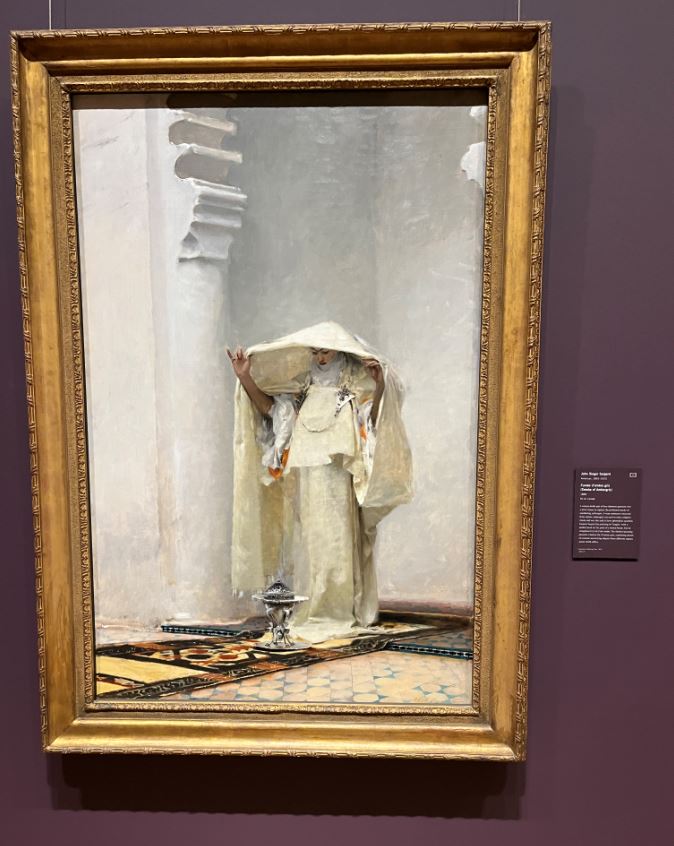 We arrived a couple hours early, had lunch by the gorgeous, three-tiered
We arrived a couple hours early, had lunch by the gorgeous, three-tiered 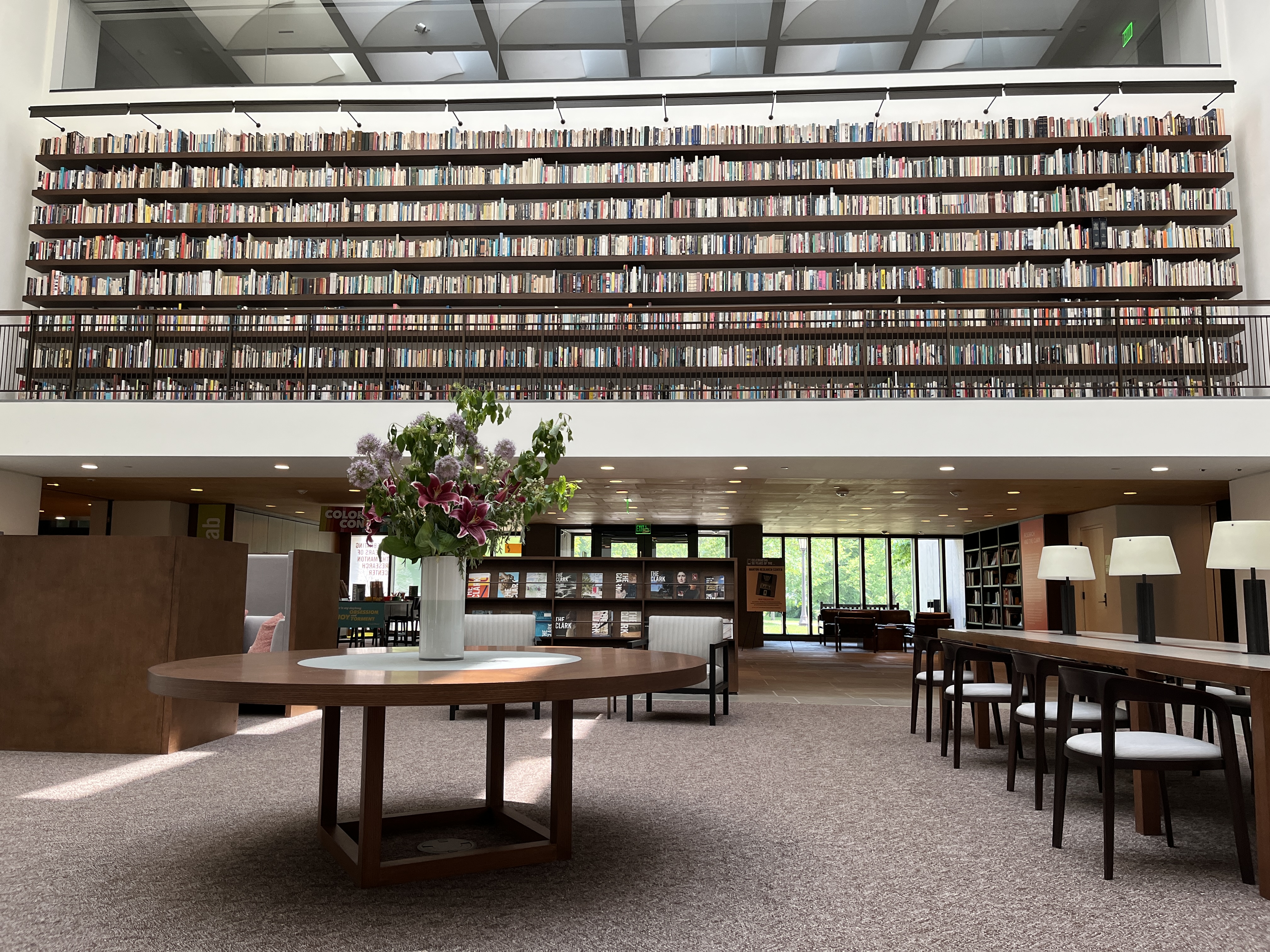 Some of this struck me while we were relaxing just before The Magic Flute screening in the Clark's
Some of this struck me while we were relaxing just before The Magic Flute screening in the Clark's 